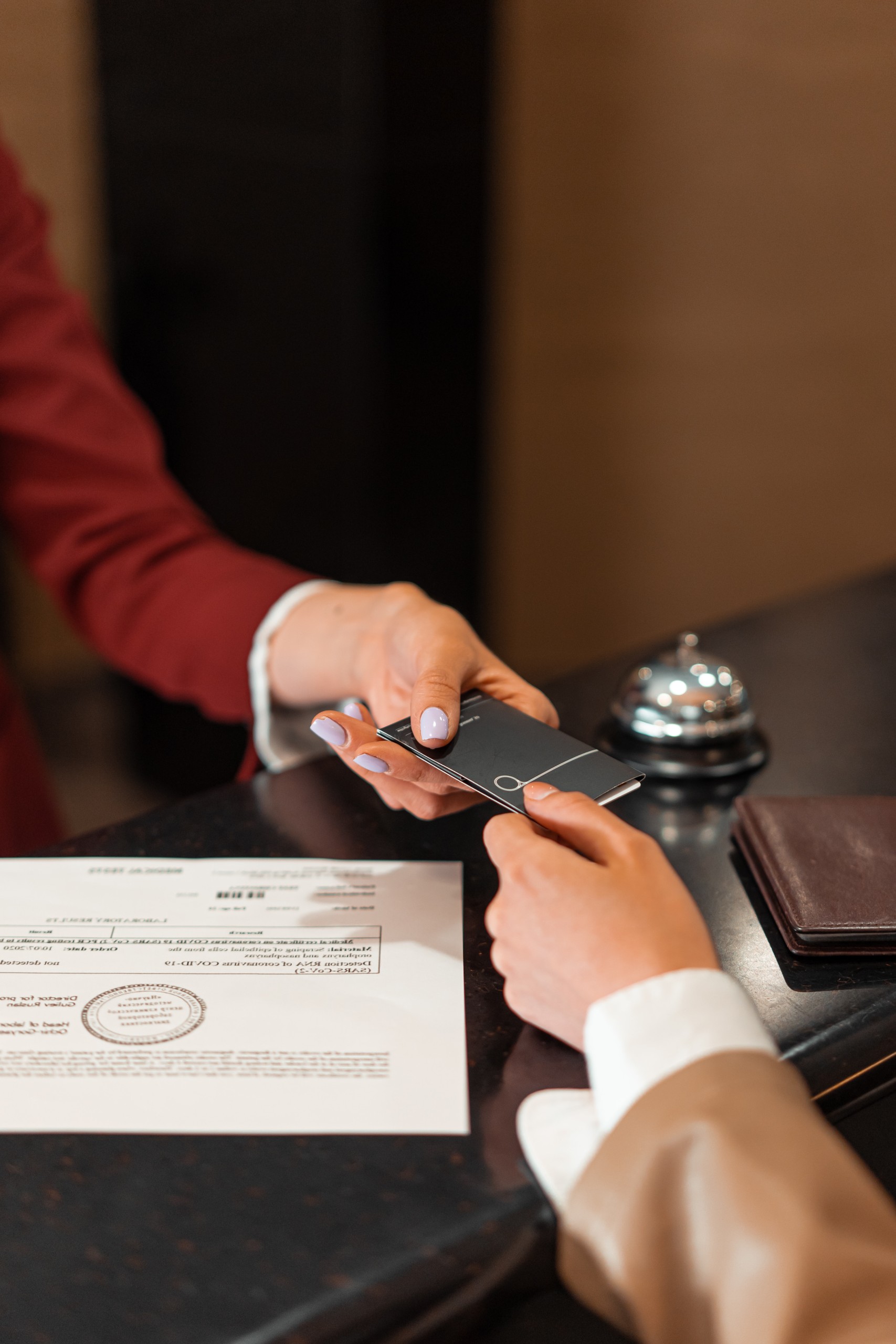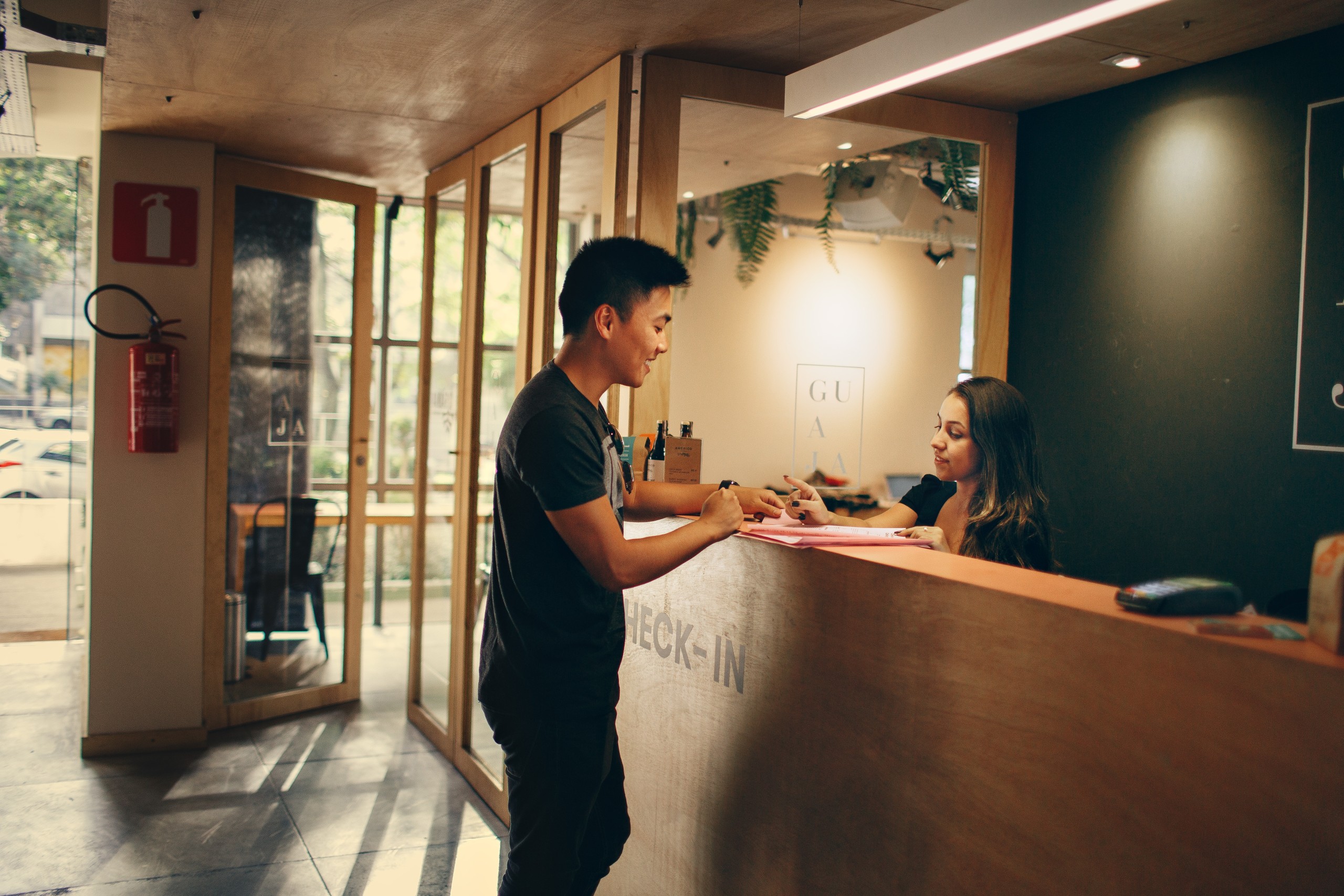In recent years, the hospitality industry has seen a significant shift towards technology adoption to streamline operations, improve guest experiences, and enhance overall efficiency. The emergence of digital technologies has enabled hotels to connect with their guests in more innovative and personalized ways, increasing customer loyalty and satisfaction. For hospitality venues with dining services, embracing expert solutions like restaurant marketing by Kovly Studio can further elevate brand visibility and attract more patrons through strategic digital engagement.
In this article, we will explore the technologies used to make your hotel digital and how they can benefit your business.

1. Property Management System (PMS)
The Property Management System (PMS) is the central hub of all hotel operations. It is a software system that manages and tracks all hotel activities, including reservations, check-ins, check-outs, room assignments, billing, and inventory management. The PMS allows hotel staff to automate their daily tasks, resulting in more efficient workflows and better guest experiences.
With a cloud-based PMS, hotels can access their data from anywhere, enabling staff to respond to guest requests in real time. Guests can make reservations, check-in, and check out online, reducing wait times and streamlining the entire process. Additionally, PMS can help hotels manage room inventory and rates, making it easier to optimize revenue management.
2. Mobile Apps
The rise of smartphones has led to an increase in the number of hotel mobile apps. Guests can use these apps to book reservations, access hotel information, view room layouts, order room service, and provide feedback. Mobile apps offer convenience and personalization, making it easier for guests to interact with hotels on their terms.
Hotels can use mobile apps to offer guests exclusive deals and promotions, which can lead to increased loyalty and repeat bookings. Additionally, mobile apps can be used to collect guest data and preferences, which can be used to provide personalized experiences.
3. In-room Technology
In-room technology is a vital component of the guest experience. Hotels can use technology to offer guests a more comfortable stay while increasing revenue. Smart TVs, for instance, allow guests to stream their favorite shows and movies, while voice assistants like Amazon Echo can provide guests with information on local attractions and restaurants.
In-room tablets can also be used to provide guests with access to hotel amenities and services like room service and spa treatments. Hotels can use these tablets to upsell guests on additional services, resulting in increased revenue.

4. Digital Signage
Digital signage is an effective way to communicate with guests and promote hotel amenities and services. Digital screens placed in lobbies and other public areas can be used to display promotions, events, and other important information. Hotels can use digital signage to promote their loyalty programs and encourage guests to sign up.
Additionally, digital signage can be used to provide guests with directions and maps of the hotel, reducing the need for staff assistance. Digital signage is also an eco-friendly alternative to traditional printed signs and posters.
5. Contactless Payment Systems
The COVID-19 pandemic has accelerated the adoption of contactless payment systems in hotels. These systems allow guests to make payments using their mobile devices or credit cards, reducing the need for physical contact. Contactless payment systems are also faster and more efficient, reducing wait times and improving the overall guest experience.
6. Data Analytics
Data analytics is a crucial component of digital transformation in the hospitality industry. Hotels can use data analytics to gain insights into guest behavior and preferences, enabling them to offer more personalized experiences. Data analytics can also help hotels optimize their revenue management strategies by analyzing data on room rates and occupancy levels.
7. Artificial Intelligence (AI)
Artificial Intelligence (AI) is a rapidly growing field in the hospitality industry. Hotels can use AI-powered chatbots to provide guests with instant answers to their queries, reducing the need for staff assistance. AI can also be used to personalize guest experiences by analyzing data on guest preferences and behavior.
AI-powered robots can be used for housekeeping tasks, reducing the workload on staff and increasing overall efficiency. Additionally, AI can be used to improve security measures, such as facial recognition technology that can be used for guest check-in. Chatbot platforms can be used for even better customer engagement.

8. Internet of Things (IoT)
The Internet of Things (IoT) is another rapidly growing field in the hospitality industry. IoT devices can be used to automate tasks and improve guest experiences. Smart thermostats, for instance, can adjust room temperature based on guest preferences, while smart lighting can be used to create different moods in the room.
IoT sensors can be used to track guest movement, allowing hotels to optimize room service delivery and improve security measures. Additionally, IoT can be used to monitor and control hotel energy usage, resulting in cost savings and reduced carbon footprint.
9. Augmented Reality (AR)
Augmented Reality (AR) is an innovative technology that is becoming increasingly popular in the hospitality industry. Hotels can use AR to provide guests with virtual tours of hotel rooms and facilities. AR can also be used to create immersive experiences, such as interactive video games or virtual reality tours of local attractions.
AR can be used to enhance the overall guest experience by providing a unique and personalized experience. Additionally, AR can be used for marketing purposes, allowing hotels to showcase their amenities and services more engagingly and interactively.
10. Voice Technology
Voice technology is another emerging trend in the hospitality industry. Voice assistants like Amazon Echo can be used to provide guests with information on local attractions and restaurants. Hotels can use voice technology to offer guests a more personalized experience, such as playing their favorite music or adjusting room temperature based on their preferences.
Voice technology can also be used to automate tasks and improve efficiency, such as providing guests with room service or ordering supplies for housekeeping.
In conclusion, technology is transforming the hospitality industry in numerous ways, from streamlining operations to improving guest experiences. Hotels that embrace digital transformation can benefit from increased efficiency, enhanced guest satisfaction, and improved revenue management. By adopting hotel technologies such as PMS, mobile apps, in-room technology, digital signage, contactless payment systems, data analytics, AI, IoT, AR, and voice technology, hotels can create a more personalized and engaging experience for their guests while optimizing their operations.
